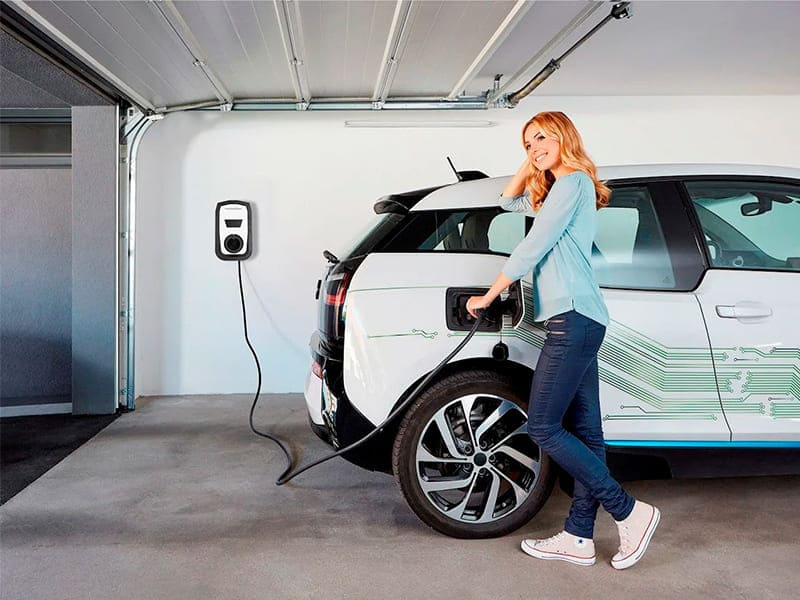The electric vehicle revolution demands proper charging infrastructure. A wall mounted EV charging station is a popular solution. However, commercial and residential models differ significantly. Understanding their specifications is crucial for a correct choice.
Durability and Build Quality
Commercial units prioritize extreme durability. A commercial wall mounted EV charging station withstands constant use. It also resists vandalism and harsh weather. Consequently, its casing is typically heavy-duty metal. Residential models use lighter materials. They are designed for a protected garage environment.
Charging Power and Speed
Power output is a major differentiator. Commercial wall mounted EV charger station models often offer higher power. They may deliver up to 22kW for faster charging. This serves multiple users efficiently throughout the day. Residential units usually provide 7kW to 11kW. This is perfectly adequate for overnight charging.
Connectivity and Access Control
Commercial stations require advanced management. A commercial wall mounted EV charger station features RFID or app access. This enables secure payment and user authorization. Residential models prioritize simplicity. They often use basic plug-and-charge functionality for convenience.
Usage Intensity and Component Lifespan
Design lifetimes vary greatly. A commercial wall mounted EV charging station is built for high cycles. Its internal components are industrial-grade for longevity. Manufacturers expect thousands of charging sessions. Residential models endure far less frequent use. Their components have a simpler, consumer-grade design.
Aegen’s Versatile Product Range
Aegen manufactures both types effectively. Their commercial wall mounted EV charger station is robust and secure. Meanwhile, their residential models are sleek and user-friendly. Furthermore, Aegen provides free technical support for all products. This ensures long-term reliability for buyers. What is the ROI of a Commercial J1772 EV Charging Station?
Installation and Electrical Requirements
Installation complexity differs significantly. A commercial wall mounted EV charger station needs a three-phase power supply. This often requires substantial electrical upgrades. Residential installation is generally simpler. It typically uses a existing single-phase home circuit.
Total Cost of Ownership Analysis
Initial cost is just one factor. A commercial wall mounted EV charging station has a higher price. However, its durability leads to a lower long-term cost. Residential models are cheaper upfront. They are perfect for single-family home usage.
Making the Right Selection
In conclusion, the choice depends entirely on application. Select a commercial wall mounted EV charging station for public areas. It offers security, durability, and management features. Choose a residential model for private garages. It provides sufficient power and convenience for home use. Always consult with experts like Aegen for guidance.

